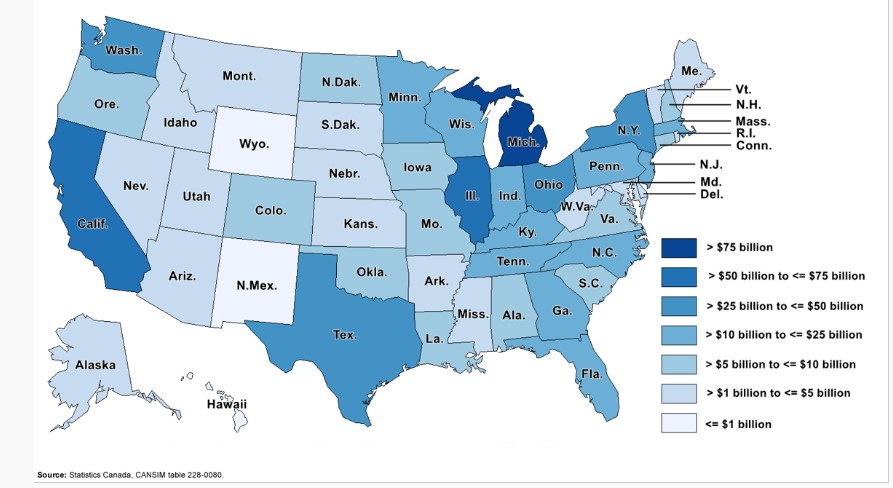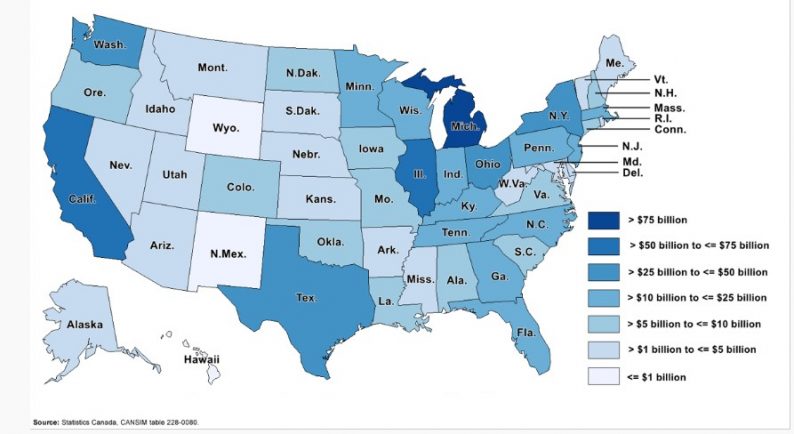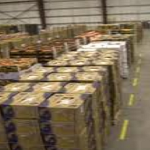The WSJ reported today that the United States is prepared to put on hold talks re-negotiating NAFTA with Canada. Threats and deadlines issued by President Trump has no impact on the Canadian trade negotiators. Canada seems to be no hurry to meet the demands of the President. Trade Representative Robert Lighthizer states that “there is still a fair amount of distance between us,” and “if Canada comes along later, then that’s what will happen.”[1]Moreover, the Canadian government realizes that “this emperor (Trump) wears no clothes”.
Politically, Canadians are fully behind their government, especially after Mr. Trump personally attacked Canadian Prime Minister Justin Trudeau in June following the Group of Seven summit in Quebec. There are also specific Canadian political issues, such as trade in dairy products. The upcoming election in Quebec, which is the largest dairy producing province, clearly makes it politically unwise for the Canadian government to agree to the U.S. demands.
Politics in the United States also plays into the hands of the Canadians. Two-way trade between Canada and individual key political states, such as Michigan, Illinois, California and Texas, exceeds $75 billion in each state (Figure 1). It is understandable why U.S. lawmakers and business groups have warned they oppose moving forward with a bilateral deal that excludes Canada. In total, two-way trade with Canada amounts to $581.6 billion in 2017 with goods exports totaled at $282.3 billion and goods imports totaled $299.3 billion. Should the President get into a tit-for-tat trade war with Canada, several key U.S. states stand to suffer job losses and markets to international competitors.
Figure 1: Two Way Trade with Canada

The facts regarding trade with Canada fly in the face of the President’s contention that NAFTA “is the worse deal” ever made. According to the U.S. Bureau of Economic Analysis, the United States runs a small surplus on trade with Canada.














Leave A Comment